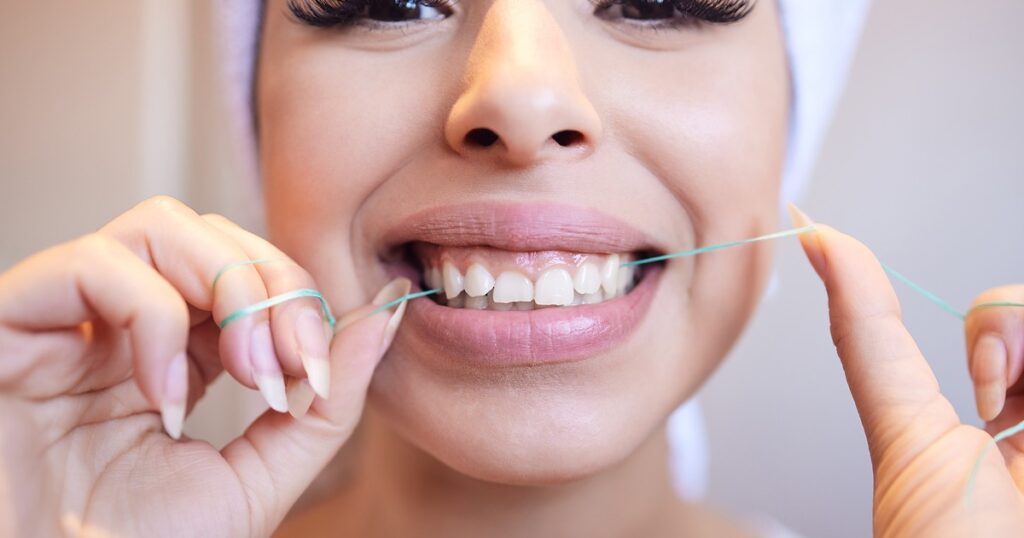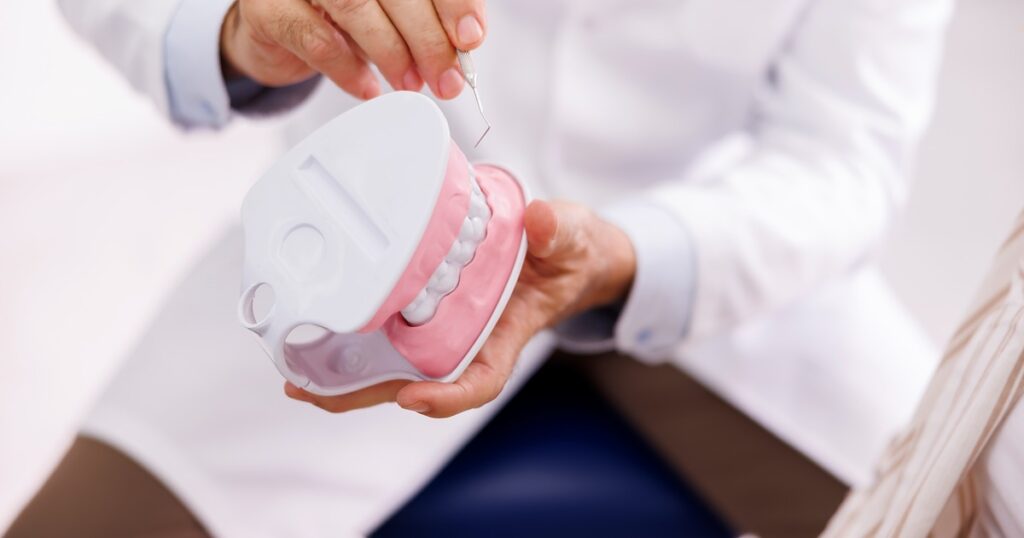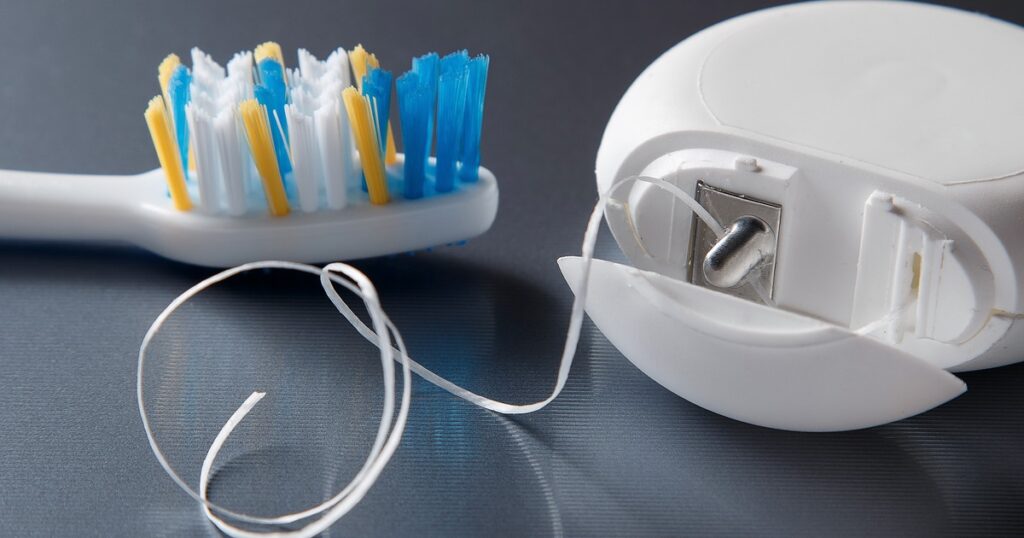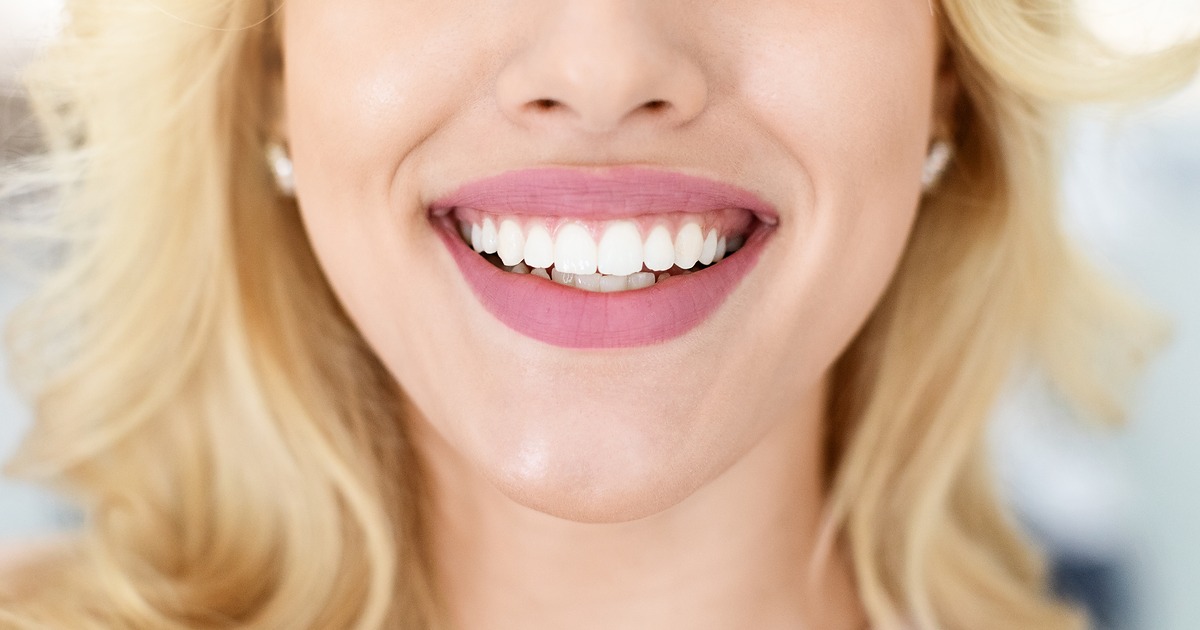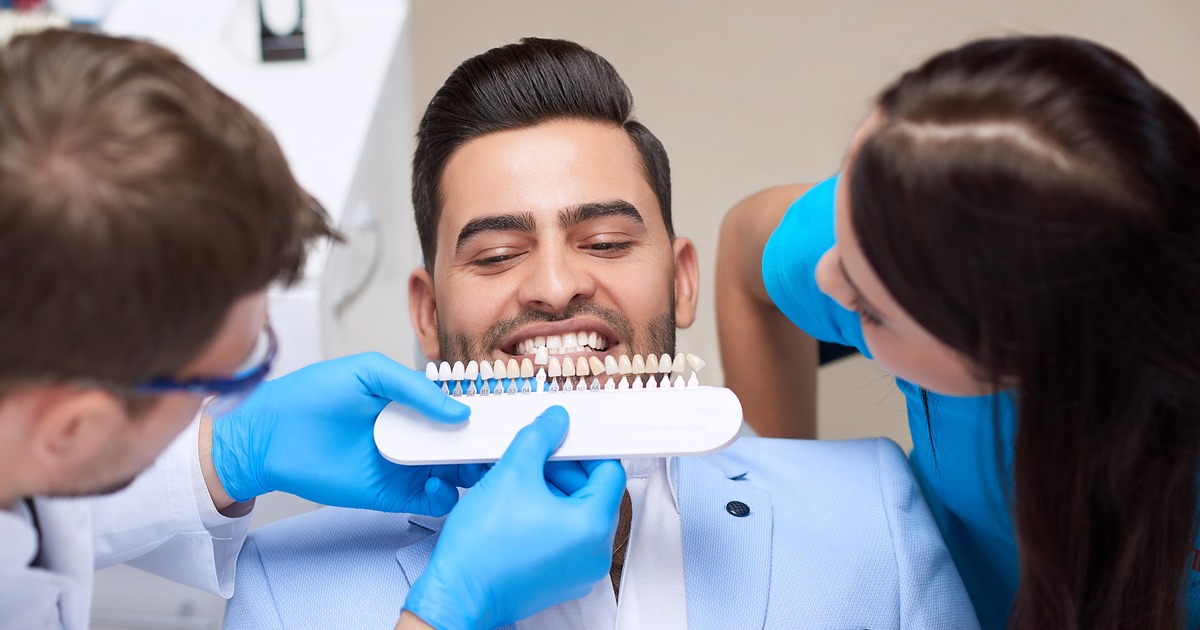Does Colgate Optic White Toothpaste Really Work?
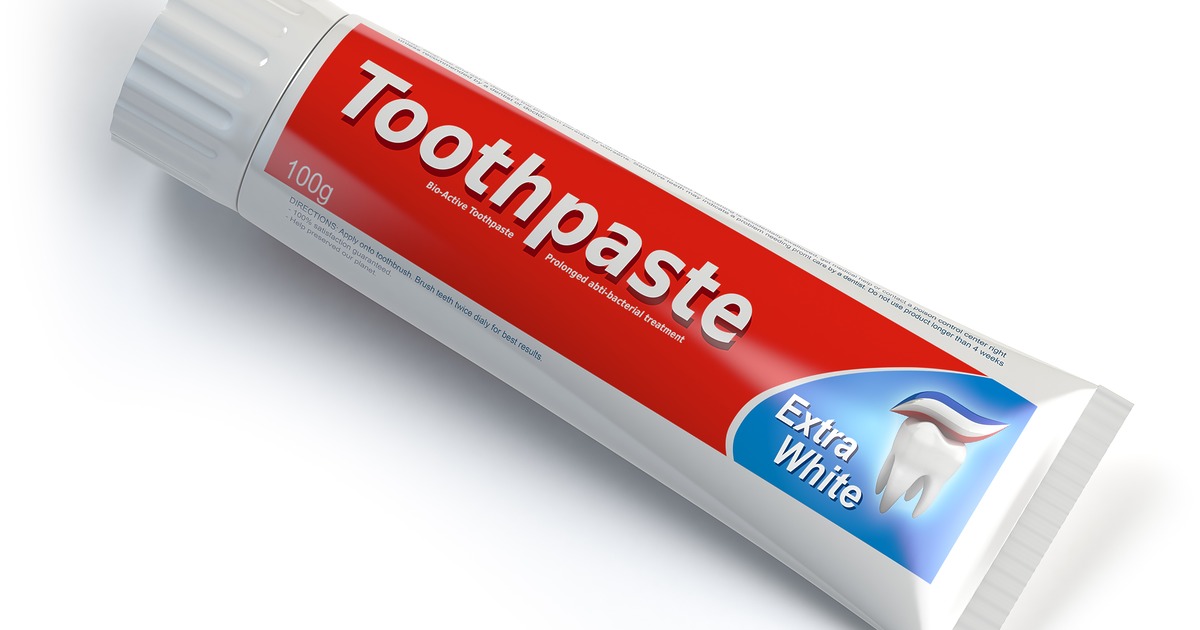
Whitening Toothpaste Hype vs. Reality
If you’ve been wondering, “does Optic White toothpaste work?” or specifically “does Colgate Optic White toothpaste work?”, you’re not alone. With so many whitening products on the market, it’s hard to know which ones actually deliver results and which ones are just clever marketing. Colgate’s Optic White toothpaste is one of the most popular whitening toothpastes worldwide—but does it live up to the promise of a whiter smile? Evaluating a toothpaste? You’ll also benefit from seeing mouthwash comparisons in Top 10 Best Whitening Mouthwash Products and Best Whitening Mouthwash. For gentler methods, try How to Get White Teeth Naturally at Home. If cost or coverage is relevant, read Does Dental Insurance Cover Teeth Whitening?. Also check professional treatments in In-Office Teeth Whitening and the overall picture in Dental Tooth Whitening.
How Does Colgate Optic White Toothpaste Work?
Colgate Optic White contains hydrogen peroxide, the same active ingredient used in many professional whitening treatments (though in much lower concentrations). Unlike regular toothpaste, which mainly removes surface stains, Optic White claims to go beyond by gently bleaching teeth over time.
Here’s what makes it different:
-
Hydrogen Peroxide – Helps lift deeper stains.
-
Fluoride – Protects against cavities while whitening.
-
Polishing Silica – Removes plaque and surface discoloration.
What Results Can You Expect?
So, does Colgate Optic White toothpaste work? The answer is yes, but gradually. Don’t expect dramatic overnight whitening. Most users report seeing results in 2–4 weeks of consistent use.
You can expect:
-
Brighter teeth shade (1–2 shades lighter over time)
-
Fresher breath and cleaner feeling teeth
-
Reduction in coffee, tea, and wine stains
But keep in mind—it won’t replace professional whitening if you’re looking for dramatic results.
Who Benefits Most from Optic White?
-
Coffee & tea drinkers with mild staining
-
People with yellowing from smoking
-
Anyone looking for affordable daily whitening support
If your stains are deep or genetic, you may not notice a huge difference.
Pros & Cons of Colgate Optic White Toothpaste
Pros:
✅ Contains hydrogen peroxide for actual whitening
✅ Affordable and widely available
✅ Strengthens enamel while whitening
✅ Noticeable results in a few weeks
Cons:
❌ Won’t give dramatic whitening like in-office bleaching
❌ Results vary depending on stain type
❌ May cause mild tooth sensitivity in some users
Expert Opinion – Does Optic White Really Work?
Dentists generally agree that whitening toothpastes like Optic White can help with mild stains. However, they recommend professional whitening for faster and more noticeable results.
If your main question is “does Optic White toothpaste work at all?” — the answer is yes, but only to a certain extent. Think of it as a helpful daily support, not a miracle solution.
Alternatives to Consider
If you want stronger results, here are other options:
-
Whitening Strips – More concentrated peroxide, visible results in 1–2 weeks.
-
In-Office Whitening – Fastest and most effective method.
-
Custom Trays from a Dentist – At-home whitening with professional gels.
Conclusion: Should You Try It?
So, does Colgate Optic White toothpaste work? ✅ Yes, but manage your expectations. It’s a great choice if you want a subtle whitening boost at an affordable price, especially for everyday stain removal.
For stubborn stains or a dramatically whiter smile, pair it with professional whitening treatments.
👉 Bottom line: If you’re asking “does Optic White toothpaste work?”, the honest answer is yes—it works, but slowly and modestly.



